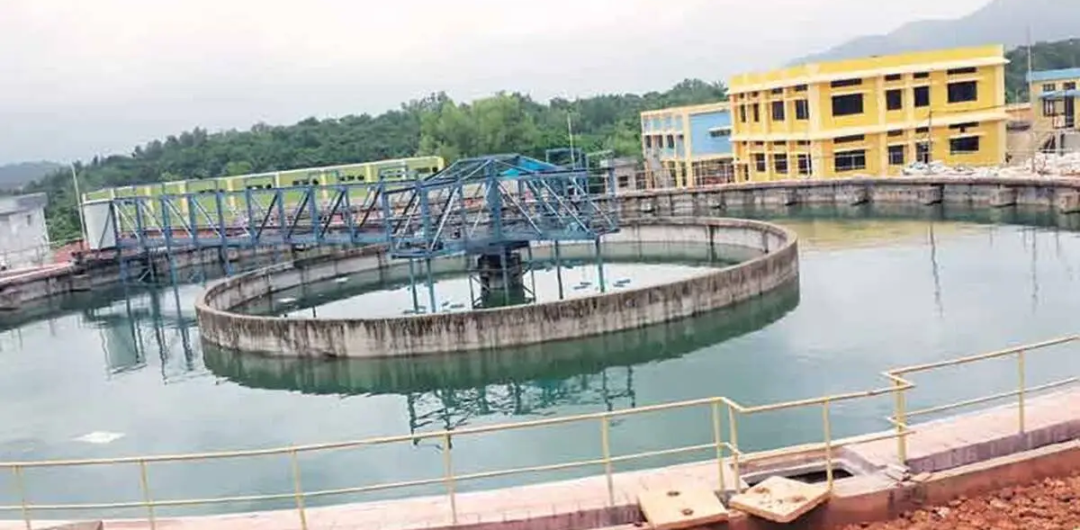The market value of treated wastewater in India is estimated to be Rs 830 million by 2025 and Rs 1.9 billion in 2050 provided there is a mechanism to sell it to various sectors, according to a study released by policy research institution Council on Energy (/topic/council-on-energy), Environment and Water (/topic/environment and-water) (CEEW).
India is set to accumulate over 35,000 million cubic meters of wastewater by 2050, based on projected sewage generation and treatment capacities. According to the study, there is tremendous potential to reuse that water, and if treated, will be sufficient to irrigate 26 times the area of New Delhi by 2050.
The study ‘Reuse of Treated Wastewater in India’ showed that reusing treated wastewater for irrigation could have generated 28 million metric tonnes of fruit and vegetable produce and Rs 966 billion in revenue in 2021 alone. Further, using wastewater for irrigation in 2021 would have saved 1.3 million tonnes of greenhouse gas (GHG) emissions and Rs 50 million in terms of fertiliser use. As per CEEW analysis, which used Central Water Commission estimates, 11 out of the 15 major river basins in India will experience water stress by 2025. “Promoting the reuse of treated wastewater will reduce pressure on freshwater resources and lead to several benefits and positive externalities.
There is a huge market potential for reusing it for irrigation alone provided financially viable models are developed to scale up wastewater treatment and reuse,” said Nitin Bassi, Programme Lead, CEEW.
India treats only 28 per cent of the total sewage it generates per day from the urban centres, it said citing CPCB 2021 data.
The CEEW study found that only 10 states in India have a treated wastewater reuse policy. Of these state policies, most do not have incentives for end users of the wastewater or define quality standards for the specific purpose of reuse.
” Provisions for treated wastewater quality standards in state policies are limited to safe discharge standards. All Indian states must define reuse specific wastewater treatment standards for safe reuse across different sectors. Finally, states should develop effective outreach plans to build public confidence and nudge behaviour for the successful implementation of wastewater reuse projects,” said Saiba Gupta, Research Analyst, CEEW.





